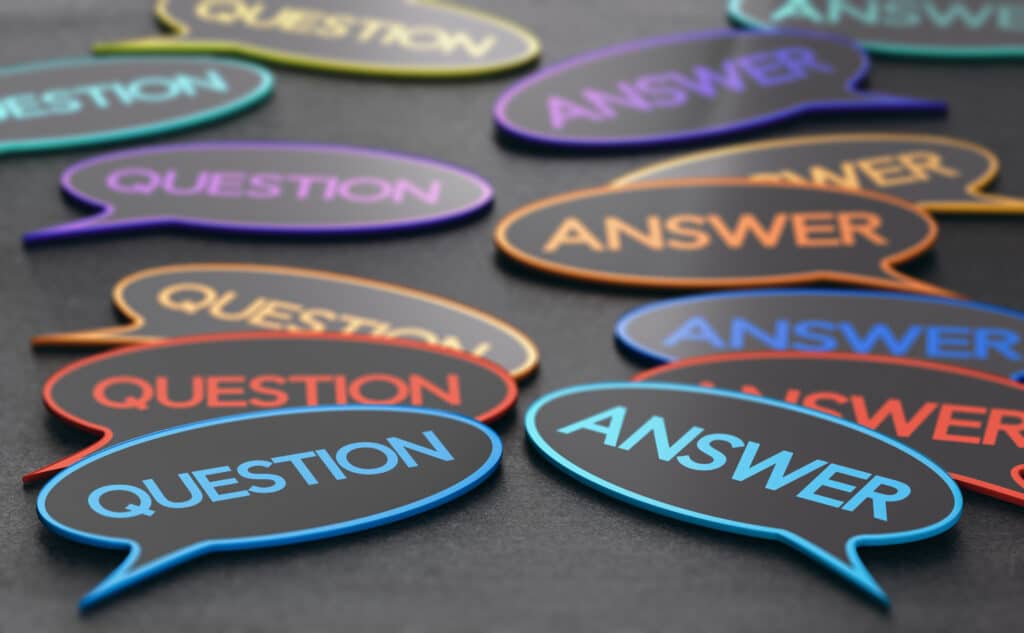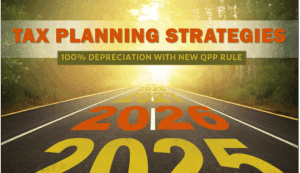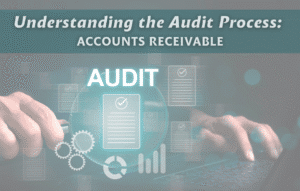The Small Business Administration (SBA) and Treasury added an additional FAQ (#53) to its PPP Loans Frequently Asked Questions (updated December 9, 2020) to address concerns related to potential new PPP Loan Necessity Questionnaires [Form 3509 (For-Profit Borrowers) and Form 3510 (Non-Profit Borrowers)] that were released as drafts in late October. (see related post) These new forms were met by significant backlash by the business and advisory community (see related post).
FAQ #53, which is reprinted completely below, clarifies several issues regarding the questionnaires that will be issued to borrowers with loans of $2 million or more. The forms, along with all required substantiating documents, must be returned to lenders within 10 business days of receipt.
In a previous release, the SBA noted that the intent of the questionnaires is to aid the SBA in meeting its obligation to “maximize program integrity and protect taxpayer resources.” These forms require that borrowers submit information pursuant to the questionnaires in order to review their loans for eligibility, fraud or abuse, and compliance with loan forgiveness requirements.
FAQ #53 notes that a request to complete the form “does not mean that SBA is challenging a borrower’s certification that is required by the CARES Act. SBA’s assessment of a borrower’s certification will be based on the totality of the borrower’s circumstances through a multi-factor analysis.”
The FAQ also further clarifies that the “certification is required to have been made in good faith at the time of the loan application, even if subsequent developments resulted in the loan no longer being necessary.” The SBA notes that it may also take into account “the borrower’s circumstances and actions both before and after the borrower’s certification to the extent that doing so will assist it in determining whether the certification was made in good faith at the time of the loan application.”
FAQ #53 also adds that the SBA may request additional information from borrowers, at which point borrowers will have an opportunity to provide a narrative response to the SBA explaining their unique circumstances, before any final determination is made.
Because there is still significant uncertainty regarding these PPP Loan Necessity Questionnaires, and the completion of the forms will require extensive time and supporting documentation, we believe it would may be prudent for borrowers with PPP loans of $2 million or more to delay applying for loan forgiveness. However, since there is a fairly short deadline to complete the questionnaires if required, borrowers are advised to begin preparing answers and gathering the required supporting documentation to facilitate a timely response.
Borrowers who would like more information about the PPP Loan Forgiveness process are invited to attend our webinar on December 17, 2020 and to view recordings of our past presentations, found in our website’s Knowledge Center. If you need additional assistance, please contact Bob Grossman, Don Johnston or Mike Weber at 412-338-9300.
PPP Loan Forgiveness FAQ#53
Question: Why are some PPP borrowers receiving a Loan Necessity Questionnaire (SBA Form 3509 or 3510)?
Answer: As previously announced, SBA is reviewing all loans of $2 million or more, and other loans as appropriate, for eligibility, fraud or abuse, and compliance with loan forgiveness requirements. As part of this process, SBA is providing a Loan Necessity Questionnaire to lenders for them to provide to PPP borrowers that, together with their affiliates, received loans of $2 million or more. Upon request from their lender, borrowers should return the completed questionnaire to their lender within 10 business days of receipt.
The information that borrowers provide on the questionnaire will help SBA assess those borrowers’ certification in their loan application that “[c]urrent economic uncertainty makes this loan request necessary to support the ongoing operations of the Applicant,” as required by the CARES Act.
A request to complete the Loan Necessity Questionnaire does not mean that SBA is challenging a borrower’s certification that is required by the CARES Act. SBA’s assessment of a borrower’s certification will be based on the totality of the borrower’s circumstances through a multi-factor analysis. As described in FAQ #46, SBA will assess whether the borrower had adequate basis for making the required good-faith certification, based on its individual circumstances in light of the language of the certification and SBA guidance. This certification is required to have been made in good faith at the time of the loan application, even if subsequent developments resulted in the loan no longer being necessary. In its review, SBA may take into account the borrower’s circumstances and actions both before and after the borrower’s certification to the extent that doing so will assist SBA in determining whether the borrower made the statutorily required certification in good faith at the time of its loan application.
After a borrower submits its completed questionnaire, SBA may request additional information, if necessary, to complete its review. When additional information is requested, borrowers will have an opportunity to provide a narrative response to SBA explaining the circumstances that provided the basis for their good-faith loan necessity certification. SBA will make a final determination that a borrower lacked an adequate basis for its loan necessity certification after reviewing any additional information that a borrower chooses to submit. This targeted, multi-step approach will ensure the integrity of the evaluation process and expeditious processing, as well as properly allocate SBA’s finite resources to those loans that require additional review.
Related Posts:
- Professional Organizations Form Coalition to Respond to the SBA’s Loan Necessity Questionnaires
- SBA Issues Notice Relating to Its Assessment of Economic Uncertainty
- SBA Clarifies Filing Date(s) for PPP Loan Forgiveness
- Simpler Forgiveness Process for PPP Loans Under $50,000
- New Interim Final Rule Provides More PPP Loan Forgiveness Clarification
- More PPP FAQs Released by the SBA
- SBA Issues New PPP Loan Forgiveness FAQs
- New SBA Interim Final Rule Offers Further Guidance on PPP Loan Forgiveness
- Simpler PPP Forgiveness Application & Updated Program Guidance Released by SBA
- More PPP Changes and Enhancements on the Way
- SBA & Treasury Announce Forthcoming Updates to PPP Rules
- PPP Flexibility Act Signed Into Law
- SBA Offers Additional PPP Loan Forgiveness Information
- Paycheck Protection Program Loan Forgiveness Application Released
- Further SBA Guidance Extends Safe Harbor Deadline for PPP Loans
- Paycheck Protection Program Loans – Round 2
- FAQs Issued to Further Clarify Guidance on PPP Loans
- SBA Issues Additional Guidance for Paycheck Protection Program Loans
- Paycheck Protection Program Loans (PPP) Available Under the CARES Act








